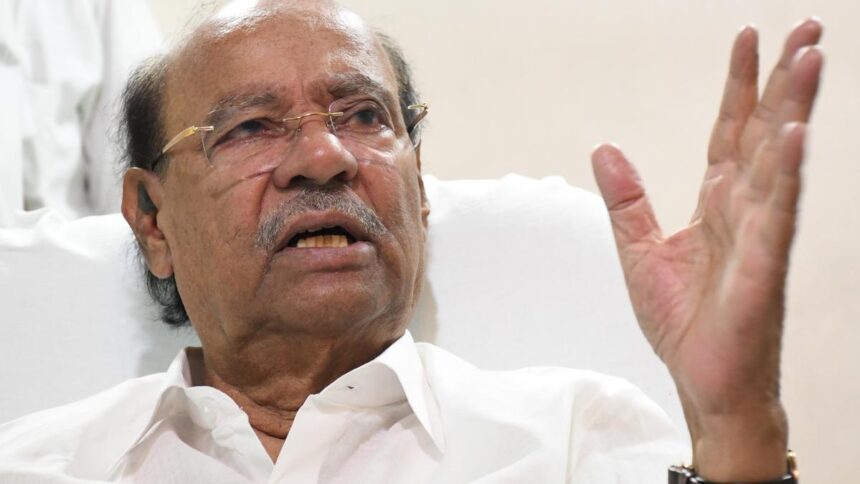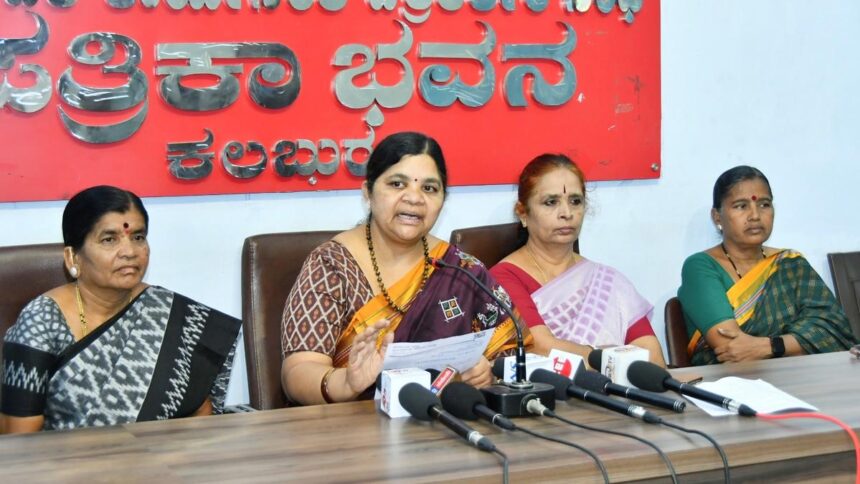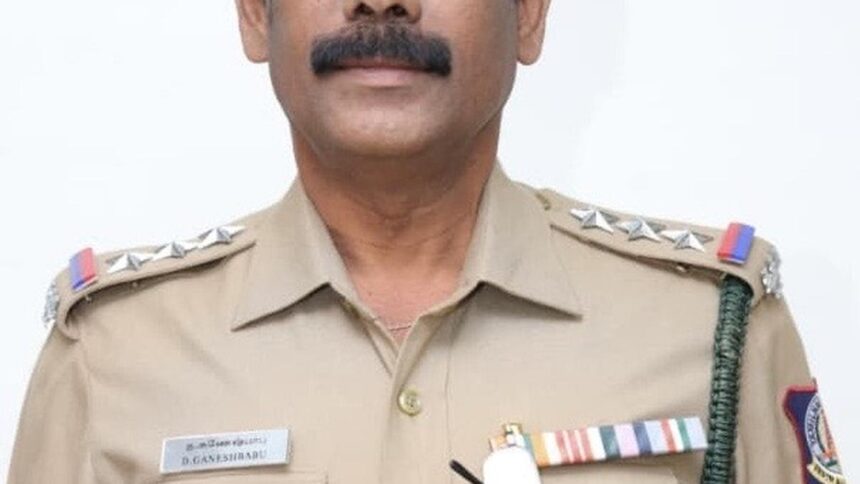
(From left) Abhishek Manu Singhvi, Senior Advocate, Supreme Court; T. R. Paarivendhar, Founder & Chancellor, SRM Group; N. V. Ramana, former Chief Justice of India and P. Sathyanarayanan, Pro-Chancellor (Academics), SRMIST at the inaugural session of ‘LEXPOSIUM 2025’ – The Cradle for Future Jurists, Perspectives and Deliberations on Justice for a Diverse and Equitable India in Chennai on Saturday.
| Photo Credit: S.R. Ragunathan
The process of administration of criminal justice in the country has become a big punishment, former Chief Justice of India N.V. Ramana said on Saturday (September 6, 2025), while calling for fundamental reforms beginning with the public prosecutors.
Speaking at Lexposium 2025, a day-long symposium organised by the SRM School of Law in association with The Hindu, he said that the judicial process often led to acquittal at the end of the day, but not before the accused had spent several days in prison without bail. Public prosecutors, he said, should be answerable to the courts and not to the bosses by whom they are appointed. The police need to be accountable too, because faulty and delayed investigations led to wrongful confinement and incarceration of innocent citizens.
He listed several factors that erode public trust on the judiciary — pendency of cases, high costs of litigation, and procedural complexities which ultimately affect justice delivery. Besides, poorly drafted laws also multiplied litigation. “Refinement of proposed laws requires consultation with all stakeholders and meaningful parliamentary debate. Unfortunately, this exercise has declined in recent years. We need to assess the ground reality and practical impact of constitutional amendments and legislative enactments,” Justice Ramana observed.
Rise in case pendencies
Speaking on challenges before the judiciary, Abhishek Manu Singhvi, senior advocate of the Supreme Court, said the pendency of cases had increased from 3.3 crore in 2018 to 5.02 crore in July 2023. This was primarily due to the ever-constant vacancy of 33% in the various high courts and 25% in the lower courts. “Delayed justice must also be seen as the most egregious and unpardonable form of human rights violations,” he noted adding that there were over six lakh undertrials languishing in jails for over five years.
Bail applications, he said, had 81 different types of filing and registration in all the high courts put together, all with different names and styles. While the average disposal time for bail was 23 days, in Jammu and Kashmir, it is 156 days, in Odisha it was 61 days, and in Mumbai, 56 days.
While deliberating on strengthening justice delivery, former Chief Justice of India Uday Umesh Lalit said that the conviction rate for criminal cases was never more than 20%, which meant that 80% of the undertrials were bound to get acquitted at some point of time. Primacy should be given to the merit of the case. “Unless and until you are dead sure that the man is bound to be convicted, please do not play with the individual liberty of the citizen,” he observed.
Speaking on justice for all and upholding rights, Additional Solicitor General Satya Pal Jain said that bail was not a matter of right and that it was the judiciary that examined the application and passed a speaking order. While there were many factors like non-framing of charges, gravity of the offence, number of witnesses, and total period of custody, that could be considered for bail, there was no straightjacket formula for it and ultimately depended on the satisfaction of the judicial officer.
Published – September 06, 2025 09:45 pm IST




















